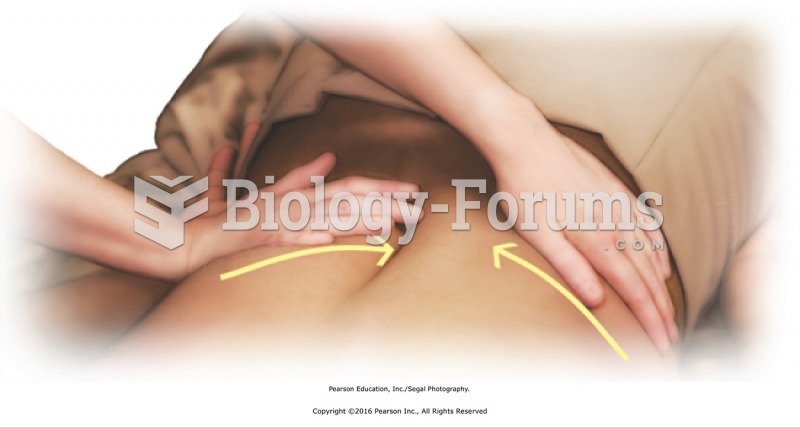|
|
|
More than 50% of American adults have oral herpes, which is commonly known as "cold sores" or "fever blisters." The herpes virus can be active on the skin surface without showing any signs or causing any symptoms.
The people with the highest levels of LDL are Mexican American males and non-Hispanic black females.
Less than one of every three adults with high LDL cholesterol has the condition under control. Only 48.1% with the condition are being treated for it.
More than 4.4billion prescriptions were dispensed within the United States in 2016.
Blastomycosis is often misdiagnosed, resulting in tragic outcomes. It is caused by a fungus living in moist soil, in wooded areas of the United States and Canada. If inhaled, the fungus can cause mild breathing problems that may worsen and cause serious illness and even death.
 Becoming a Certified Medical Assistant may demonstrate your commitment to the profession and the con
Becoming a Certified Medical Assistant may demonstrate your commitment to the profession and the con
 Reconnect the lower and upper back with horizontal stroking from lower back to shoulders. Keep flat, ...
Reconnect the lower and upper back with horizontal stroking from lower back to shoulders. Keep flat, ...





